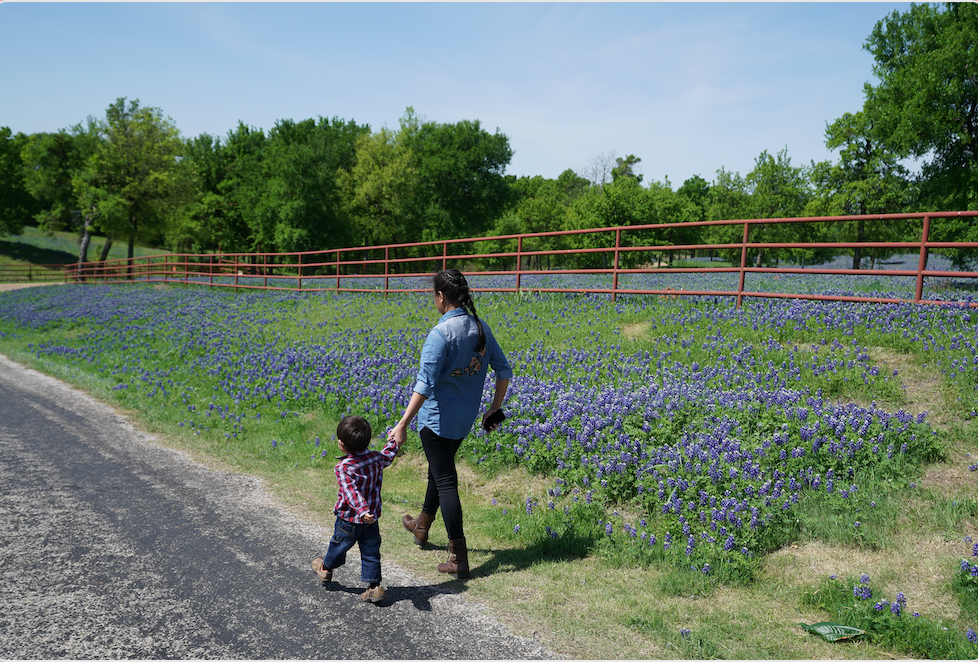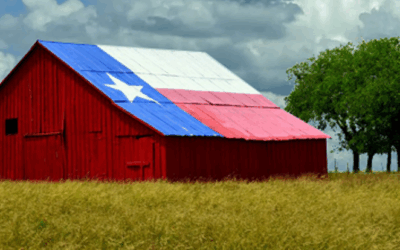 The Hogg Foundation has awarded $3.75 million in grants to five organizations for the second phase of the Well-being in Rural Communities (WRC) initiative.
The Hogg Foundation has awarded $3.75 million in grants to five organizations for the second phase of the Well-being in Rural Communities (WRC) initiative.
WRC was first launched in 2018. Five organizations were awarded $410,000 each to create or build on an existing community collaborative and a sixth, Alliance for Greater Works, was awarded $2.5 million to coordinate the initiative. The grants were designed to support collaborative approaches to well-being in rural communities. The new funds will support the collaboratives as they move from the planning to the implementation phase of their projects.
The collaboratives consist of key stakeholders from across sectors, including people who have been historically excluded from community decision-making processes. The collaboratives are developing strategies to move their community toward greater well-being.
To date, all of the collaboratives have successfully completed baseline assessments of community needs, developed their own identities and brands, and elevated themselves to a leadership role in their communities and counties. During the five-year implementation phase, the collaboratives will move forward with specific initiatives that will address a wide range of community needs. These include increasing social connectedness, combating mental health stigma, advancing local public policy, and overcoming gaps in housing, education, employment, access to green space and media.
“More than anything what sets this initiative apart is the active participation of everyone in the community,” said Octavio N. Martinez, Jr., executive director of the Hogg Foundation. “Our understanding as a funder of how to support this kind of collaborative work has leveled up alongside this initiative.”
The five WRC Phase II grantees are:
- Bastrop Cares (Bastrop County)
- Be Well Victoria (Victoria County)
- Better Together (Nacogdoches County)
- BHOLD Collaborative (Brooks County)
- Morris County Collaborative (Morris County)
Not only does WRC focus on rural communities, but a central goal of the collaboratives is to foster broad-based participation at every crucial phase.
“The implementation plans of these five collaboratives are incredibly broad but also deep,” said Tammy Heinz, Hogg Foundation senior program officer and co-project lead of WRC. “It goes far beyond traditional mental health services and includes community conditions that impact people’s well-being.”
“Between the five of them, these collaboratives are an unmatched combination of leveraging their assets, strengthening their partnerships and grassroots resourcefulness,” said Rick Ybarra, Hogg Foundation senior program officer and co-project lead of WRC. “The collaboratives are poised to initiate strategies designed to improve mental health, resiliency and well-being for the people of the five counties.”
Related Content
The Hogg Foundation and Partners Have Awarded $6.5 Million in Grants to Support Well-being in Rural and Rural Border Communities
The Hogg Foundation, along with two partner foundations, has awarded $6.5 million in grant funding over five years to 11 organizations to improve mental health, resilience, and well-being in rural and rural border communities. The Strengthening the Mental Health of Rural and Rural Border Communities initiative will build on community strengths and foster community-driven solutions to create, support, celebrate, and promote mental well-being.
Root-Bound or Growth Mindset?
A growth mindset is the belief that skills and abilities can be improved and that developing these is the purpose of your actions.
Community-Based Solutions: Grassroots Mental Health Innovations That Work
When it comes to supporting rural communities, especially around mental health, success often starts not with answers, but with questions—and a deep commitment to listening.



